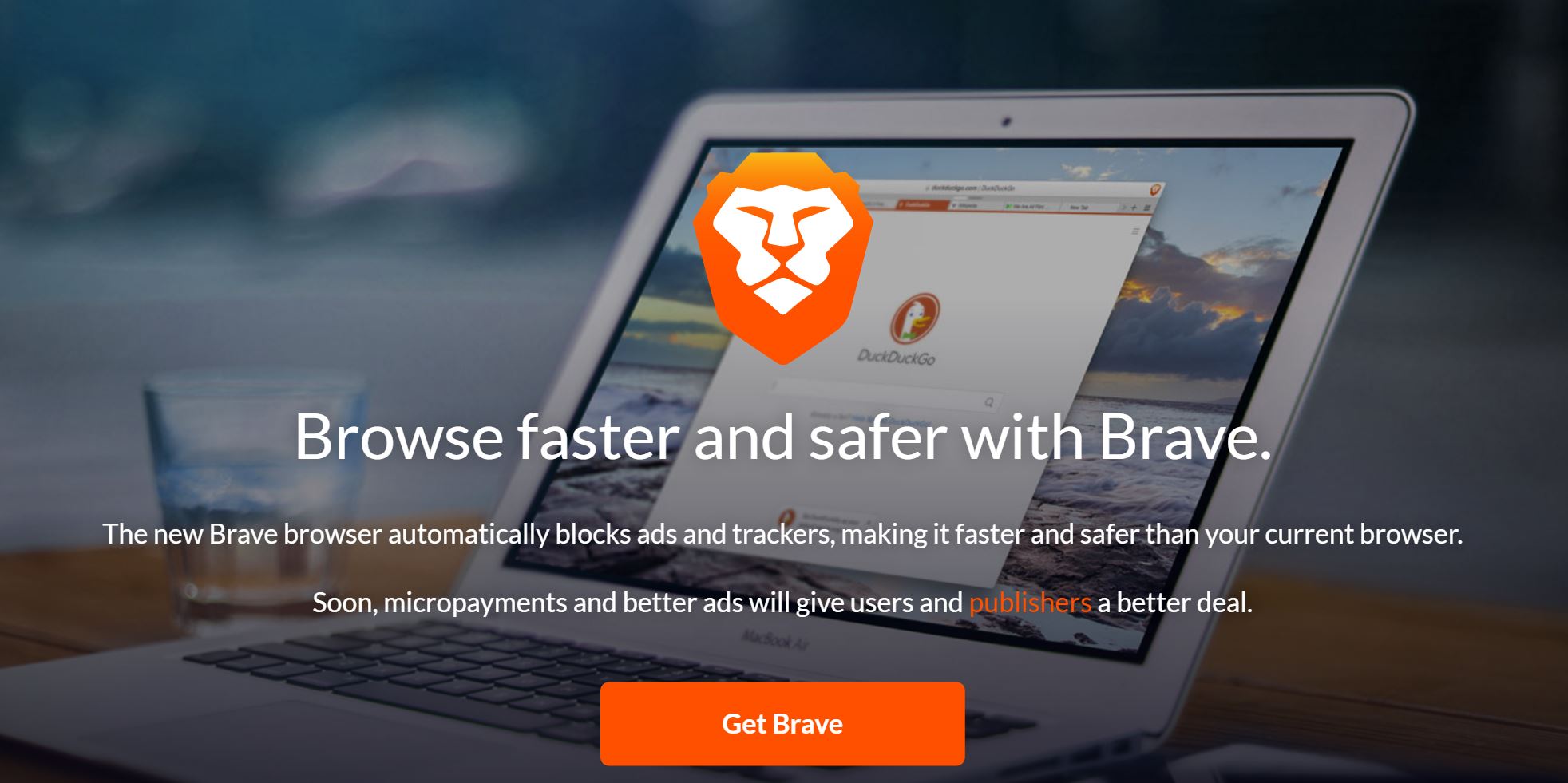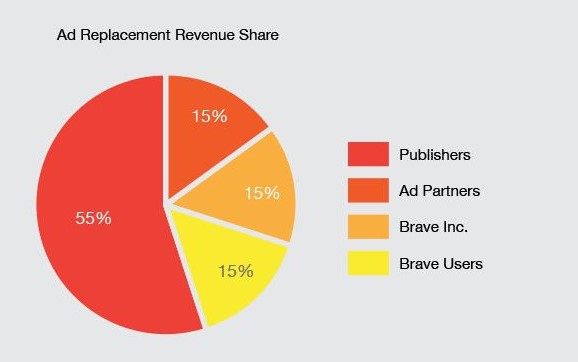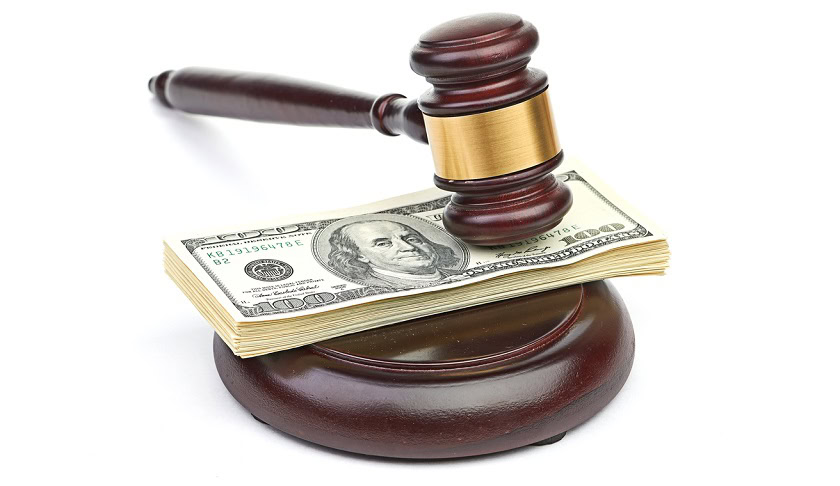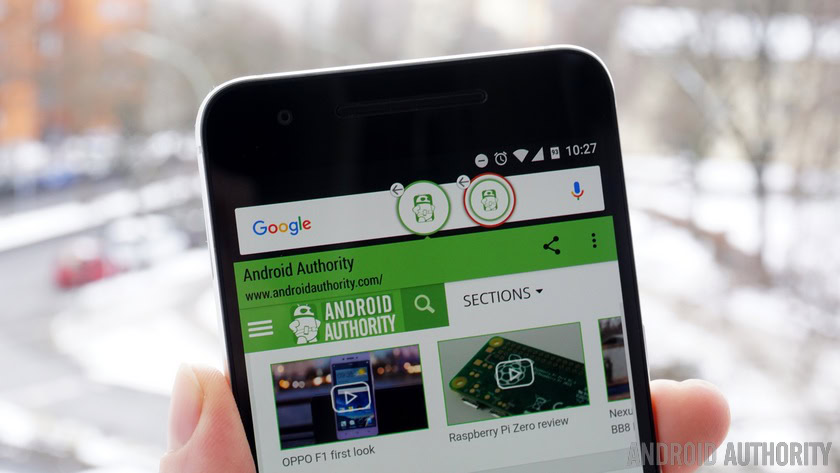Affiliate links on Android Authority may earn us a commission. Learn more.
Brave browser's plan to improve ads gets it in trouble with important newspapers

Is there a problem with the current advertising model? I think we can all agree there are definitely things that could be improved. Plenty of parties have been looking into ways to make it all better, including Brave browser. But not everyone is happy about some of the choices the Brave team has taken.
The Brave browser (previously known as Link Bubble) actually pays about 15% of the ad revenue to you, the user. Another 15% would go to ad partners, 15% to the browser developers and 55% to publishers. It all sounds pretty reasonable, so what is the problem?

A group of news publications and newspapers have gotten together to express their concerns about the company’s model, labeling it as theft. These would include The New York Times and The Washington Post, among many others. The only thing is the letter’s tone, which sounds more like a legal threat than constructive criticism.
“Your plan to use our content to sell your advertising is indistinguishable from a plan to steal our content to publish on your own website. Your public statements demonstrate clearly that you intend to harness and exploit the content of all the publishers on the Web to sell your own advertising.”“We stand ready to enforce all legal rights to protect our trademarks and copyrighted content and to prevent you from deceiving consumers and unlawfully appropriating our work in the service of your business. Unauthorized republication of our copyrighted content to support Brave’s illegal advertising model violates protected rights of publishers under the Copyright Act and other laws.”

The guys at Brave browser are not ready to back down, though. They have published a blog post defending their position, focusing on the fact that their plan would not only be better for the user, but also for publishers, as these would get a much higher percentage of ad revenue.
Also read:
- 10 best Android browsers of 2016
- Link Bubble review
- Link Bubble Browser updated, ad blocking and tracking protection on board
They go on to mention the browser’s ad-blocking system doesn’t limit website’s own advertising, it only replaces third-party ads. But more importantly, they are adamant on trying to fix the way we currently see advertising. Ads can be obtrusive, annoying and even dangerous, according to Brave. Ads can channel malware and track people’s usage, digging into our private information a bit too much.

Make no mistake: this NAA letter is the first shot fired in a war on all ad-blockers, not just on Brave. Though the NAA never reached out to us before firing this shot, we would be happy to sit down with them for an opportunity to discuss how the Brave solution can be a win-win for our users and the publishers they browse. We will fight alongside all citizens of the Internet who deserve and demand a better deal than they are getting from today’s increasingly abusive approach to Web advertising.
With all that in mind, we can only hope things work out for all parties. Things are about to get heated, though. Of course, news publications love their ads, but are they right to go against a browser with an ad-blocker? Where do you stand on this one?
Do any of you use Brave? I actually love it. Click the link below to check it out for yourself.